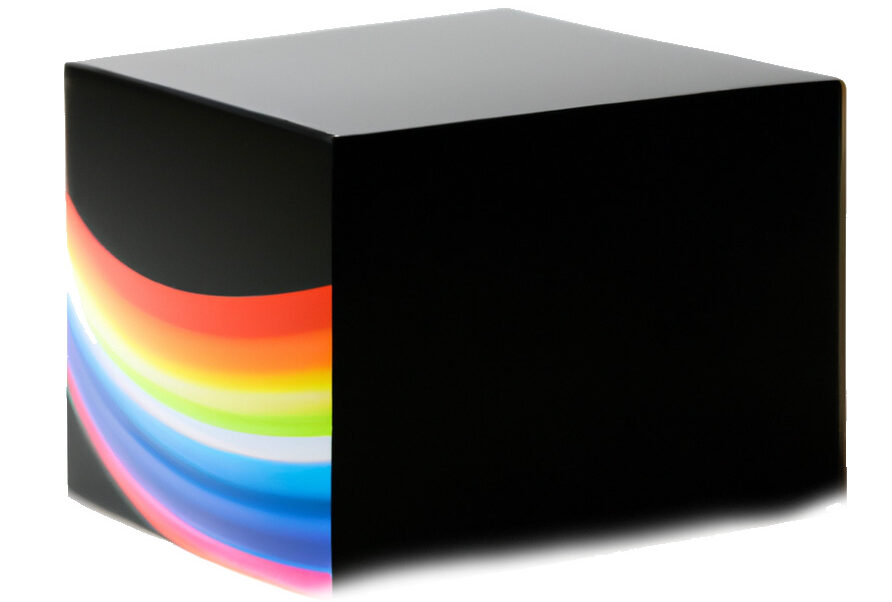A class action lawsuit has been filed against Stability AI (the creator of Stable Diffusion), Midjourney, and Deviant Art over their AI-based image creation software.
The class action lawsuit was filed by the Joseph Saveri Law Firm, LLP. The representative plaintiffs are Sarah Anderson, Kelly McKernan, and Karla Ortiz. The case was filed in the California District Court of the Northern California district, which often hears technology-related cases.
Also involved in the case–as counsel in this instance–is Matthew Butterick, who filed the first known large AI language model-related class action lawsuit, in that case against OpenAI’s Codex platform.
According to a press release issued by the firm, this newly-filed case “alleges direct copyright infringement, vicarious copyright infringement related to forgeries, violations of the Digital Millennium Copyright Act (DMCA), violation of class members’ rights of publicity, breach of contract related to the DeviantArt Terms of Service, and various violations of California’s unfair competition laws.”
Specifically, the case addresses the defendents’ alleged use of billions of copyrighted images in order to train their AI image generation platforms, without consent from the images’ copyright owners. Midjourney appears to have effectively admitted to such uses, which may have helped spur the case.
“As alleged in the Complaint, Stable Diffusion is an artificial intelligence product used by Stability AI, DeviantArt, and Midjourney in their AI image products. It was trained on billions of copyrighted images contained in the LAION-5B dataset, which were downloaded and used without compensation or consent from the artists,” the press release says.
A website also appears to be have been established, which shares information about the litigation: https://stablediffusionlitigation.com/
Analysis of the Case
Firstly, we at Synthetic Engineers are not attorneys. We are journalists providing analysis based on our knowledge of the AI space. Nothing in this article should be considered legal advice, and you should consult your own attorney for any legal questions.
Mimicking Artists’ Styles
Based on an initial reading of the case as filed, a big aspect appears to be Midjourney and Stable Diffusion’s ability to generate images “in the style of” another artist. For artists whose works are in the public domain, this likely presents little issue. But for living artists, the suit alleges, it is destructive.
“When a purchaser seeks a new image ‘in the style of’ of given artist, they must pay a commission of license an original image from the artist.” the suit says. “Now, those purchasers can use the artist’s works contained in Stable Diffusion along with the artist’s name to generate new works in the artist’s style without compensating the artist at all.”
“Works generated by AI Image Productions ‘in the style’ of a particular artist are already sold on the internet, siphoning commissions from the artists themselves,” the suit alleges.
A key aspect appears to be the Defendents’ alleged advertising of their tools as being able to generate images in the style of specific artists. The plaintiffs may not have targeted other companies such as OpenAI in this suit, since OpenAI may have been less prone to this kind of advertising.
Derivative Works
Another key allegation of the case is the fact that tools like Stability AI and Midjourney are allegedly trained on the works of millions of artists, and therefore allegedly violates their copyrights when it generates new images.
The suit calls these tools “21st century collage tools”, implying that they merely combine existing images rather than creating anything new. In that case, the suit alleges, the new works are actually derivative works based on these original images, and so creating them would require permission of the original images’ owners.
Altering the Landscape
It’s not yet clear what impact this suit will have, or how far it will proceed. The suit is on behalf of a larger class of artists, not just the actual plaintiffs. If it does proceed, it could have major implications for the generative AI space.
Litigation like this is highly impactful for companies that provide AI-datasets that are not trained on public images. vAIsual, Bria, Generated Photos and others may benefit from the uncertainty that litigation casts on companies that do not own their training datasets.
“I hope that a conclusive judgment in favor of copyright holders sends a clear message to the generative AI community that ethically sourced, legally clean training data is the only way that this technology will grow wider acceptance as a business tool.”
“We recently launched the DatasetShop as a foundational step to creating the tools and processes that will take generative AI from the wild west to legally safe and commercial success,” Mark Milstein, Rainmaker and co-founder of vAIsual, told Synthetic Engineers.
Interestingly, leading AI company OpenAI is not named in the suit, despite offering a similar product with DALL-E. The reasons for this are not immediately clear, but it’s an interesting distinction.
Synthetic Engineers will continue to follow this case. Sign up for the Gado Images newsletter for updates on this and other generative AI and stock photo industry news.

